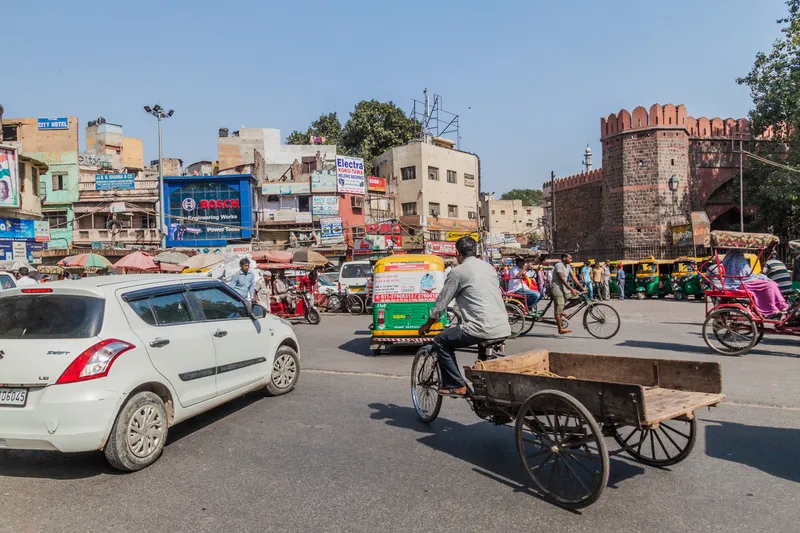
The World Health Organisation (WHO) estimates that there are 150,000 traffic-related deaths per year in the subcontinent.
Despite these figures, the WHO estimates that India stands to “leapfrog” implementing technology to improve traffic safety due to its potential in connectivity, electro-mobility, automation, digitalisation and artificial intelligence.
Vikram Nair, president, EMEA at Tech Mahindra, says: “Our aim is to address the current traffic safety challenges in India and suggest potential solutions by recommending policy reforms to reduce traffic fatalities.”
Technology is proving to be a valuable asset in global efforts to improve traffic safety. In Germany, Audi is trialling its ‘green wave’ technology in the German city of Düsseldorf to provide drivers with information on around 150 traffic lights while Swarco Traffic has deployed a ‘bicycle ahead’ system for drivers travelling on country lanes in the UK.
Martin Lundstedt, CEO at Volvo says: “We can all use these learnings to support our safety efforts across other parts of the world, as well as Sweden.”
Other members involved in the Sweden-India Transport Innovation and Safety Partnership include Ericsson, India Institute of Science, Chalmers University of Technology and the National Institution for Transforming India.










